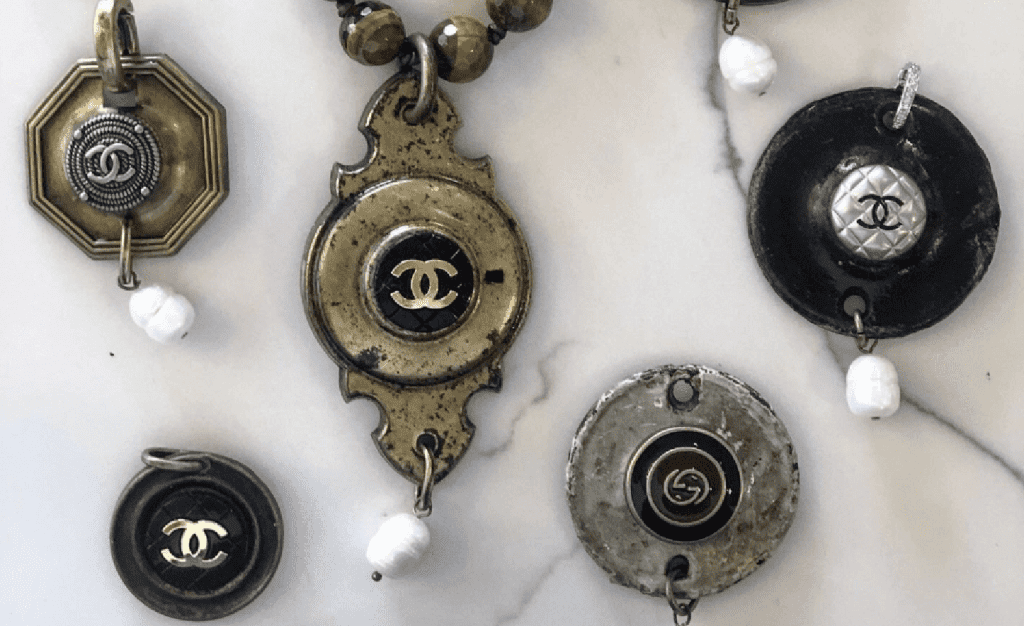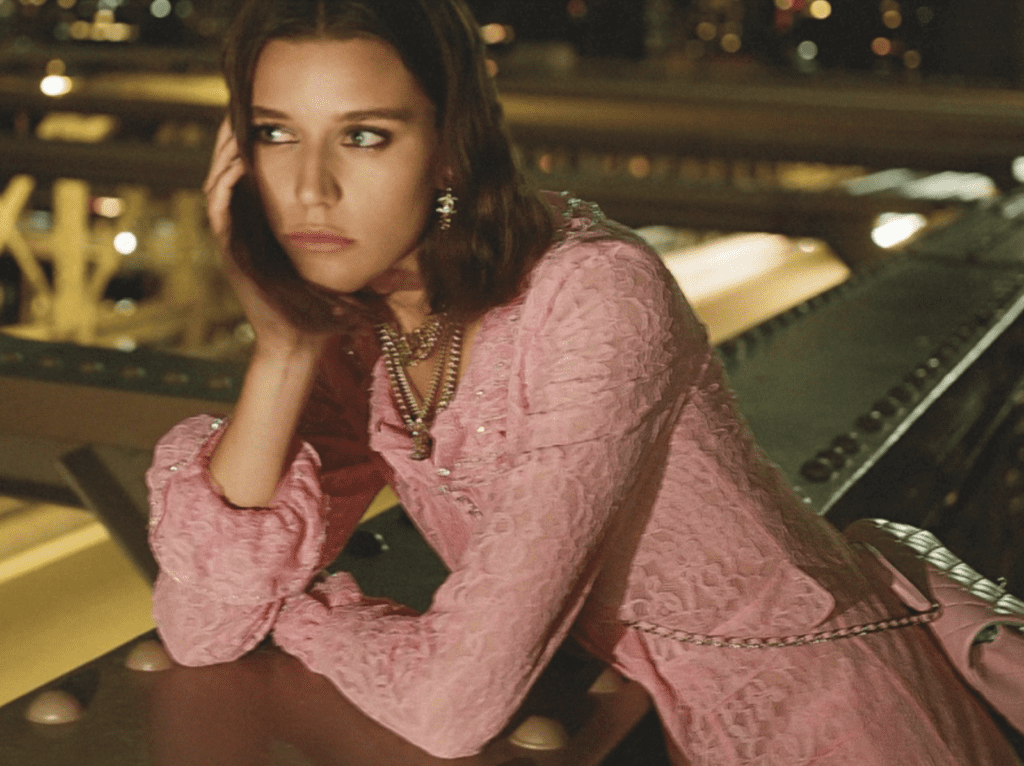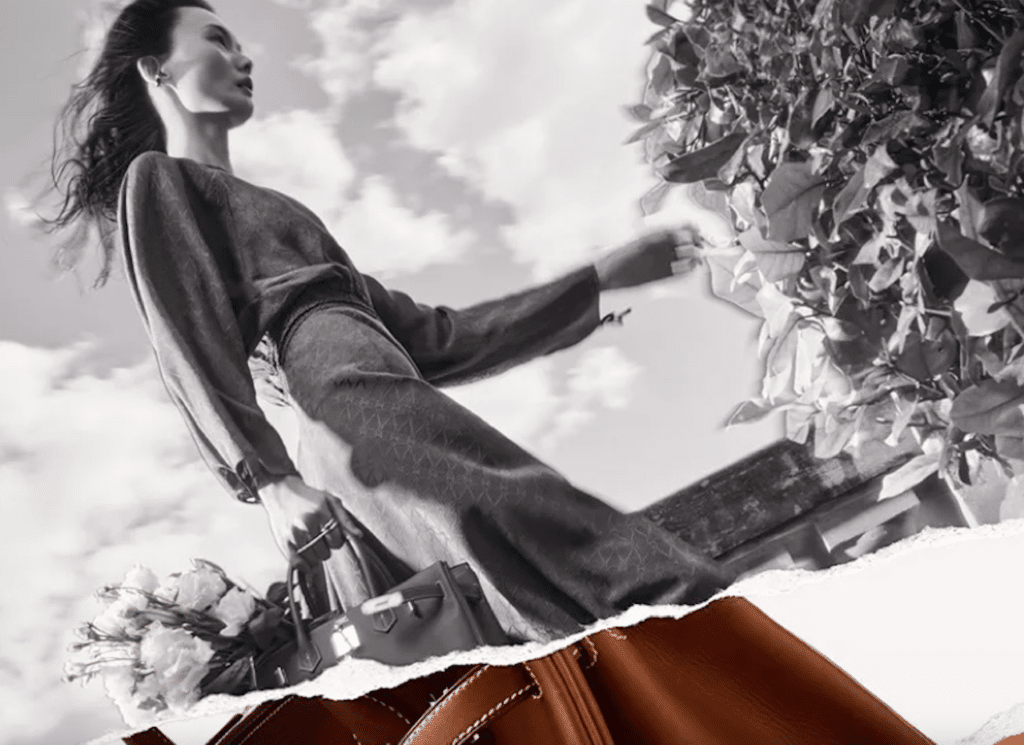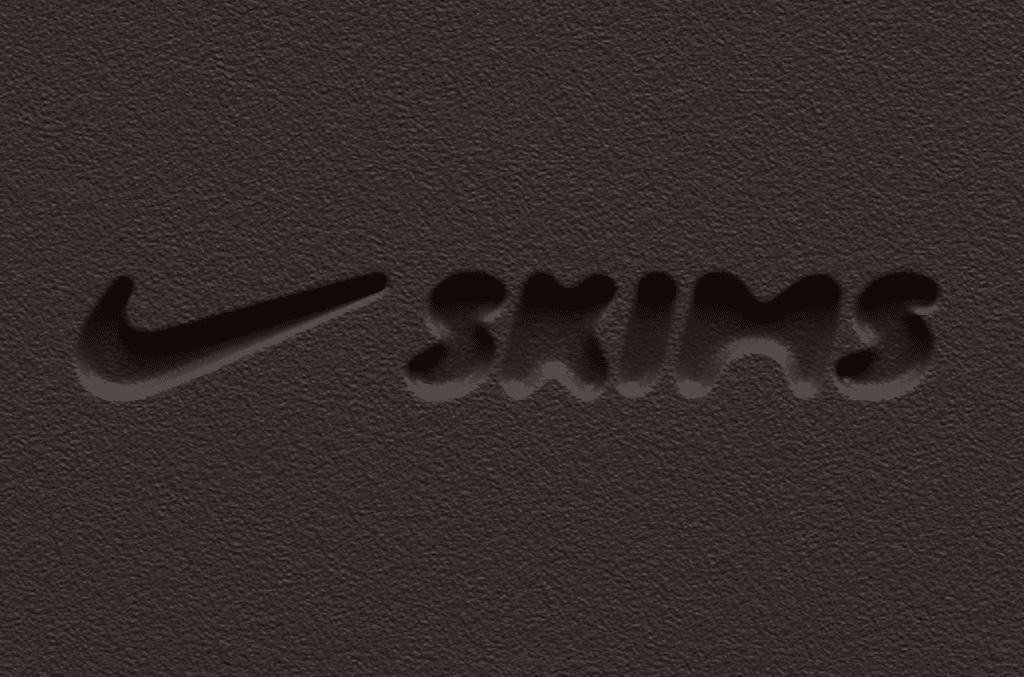Chanel is waging a new trademark lawsuit, accusing an unaffiliated jewelry company of trademark infringement and counterfeiting in connection with the sale of products bearing its well-known marks. According to the complaint that it filed in a Texas federal court on June 22, Chanel claims that Vintage to Vogue Designs, LLC and its founder/owner Lisa Peterson (collectively, “Vintage to Vogue”) have offered up and sold jewelry items that appear to be made from upcycled buttons emblazoned with trademarks that are “exact copies” of Chanel’s word mark and/or its double “C” logos – and have done so “under the guise [that such] goods are authentic Chanel products.”
If this case, as first reported by TFL, sounds familiar, that is because it is not the first time that Chanel has waged trademark lawsuits over jewelry constructed from buttons bearing its famed trademarks; the since-settled case that it filed against Shiver + Duke over its sale of upcycled Chanel trademark-bearing buttons comes to mind. (Louis Vuitton has also waged upcycling-centric litigation.) Closely mirroring the facts of the Shiver + Duke case, Chanel claims that Grand Rapids, Michigan-based Vintage to Vogue is not only passing off the jewelry at issue as authentic, but it is offering up products that “are materially different from Chanel’s genuine jewelry, including earrings, necklaces, bracelets, and charms.” (While Chanel does not explicitly argue here that the buttons, themselves, are not authentic, it is worth noting that there is, in fact, a market for counterfeit designer buttons, which are routinely used to create jewelry that is advertised as containing authentic branded materials.)
Material Differences
The interesting element of cases like this is the emphasis that brands like Chanel place on the lengths that they go to create and maintain a luxury product and retail experience – which they put forth in order to argue about the “material differences” at play. This is important, as if the Chanel trademark-bearing buttons at issue are, in fact, authentic, the defendants could potentially push back against the claims waged against them by way of a first sale defense.
Arguments by Chanel (and co.) about how (1) the allegedly counterfeit or otherwise infringing products, themselves, are different from its authentic goods; (2) the way in which they are marketed and/or sold is different; and (3) consumers are being confused/it is being damaged due to such infringement and/or unauthorized sales – are key to beating such a defense.

After all, a first sale argument will not be successful if the unauthorized seller is offering up products that are materially different from those sold by the brand and its authorized sellers – or that the conditions in which the products are sold are materially different. Courts have recognized that certain benefits that traditionally accompany the authorized sale of a genuine product can constitute material differences. In other words, when customers purchasing a “genuine” product get additional associated benefits (such as a warranty or access to promotions/services), consumer confusion can arise when unauthorized sellers are offering the same products without the same associated benefits.
At the same time, an additional exception to the first sale doctrine exists when an unauthorized seller is reselling trademarked products that are outside of the trademark owner’s quality controls. “For this exception to apply, the trademark holder must show that: (1) it has established quality control procedures that are legitimate, substantial, and non-pretextual; (2) it abides by its quality control procedures; and (3) the unauthorized seller is not abiding by the procedures and its sales of non-conforming products will harm the value of the trademark and create a likelihood of consumer confusion,” Vorys attorneys previously stated.
Chanel’s Retail Model
Here, Chanel makes an array of claims in an apparent attempt to get ahead of any arguments that Vintage to Vogue may wage on the upcycling/first sale front, including …
– “As a leader in the field of luxury fashion and beauty products, Chanel ensures that all of its products, including its jewelry, including earrings, necklaces, bracelets, and charms, are marketed and sold in a manner that befits and enhances Chanel’s reputation … This is done through the materials used, the sales channels, the consumer experience at retailers, and through advertising.”
– “It is essential to the marketing of Chanel’s goods that all such products appear in a uniform fashion and are displayed and sold in a manner that enhances the value of the product, and … that reflects the hard-earned image and reputation of Chanel as the manufacturer and seller of high-end luxury goods.”
“Chanel goes to great lengths and expense to present its products in an appealing manner. The total make-up of the Chanel jewelry … is integral to the products and to the buyer’s experience of Chanel’s products.”
– “Chanel maintains strict quality control over its products … throughout the entire process, from manufacturing to distribution to sale and post-sale customer care.”
– “Chanel authorizes only its own boutiques and those third-party retailers who are specifically approved by Chanel following a careful review process to sell its genuine jewelry. The goal is to ensure a purchasing experience that matches the luxury image of the Chanel brand.”
TLDR: Chanel alleges that because Vintage to Vogue is “using [its] marks to sell goods that are not identical to Chanel’s authorized merchandise, and that, in fact, are materially different from genuine Chanel products, [it is] violating Chanel’s rights.” And thus, Chanel sets out claims of federal trademark counterfeiting and infringement, false designation of origin, and common-law trademark infringement under Texas state law.
The brand is seeking injunctive relief; an accounting and an award of Vintage to Vogue’s profits flowing from their illegal activities, which amount should be trebled; statutory damages of up to $2 million per counterfeit mark per type of goods; pre-judgment and post-judgment interest; attorneys’ fees and costs; and any other relief the court deems just and proper.
The case is Chanel, Inc. v. Vintage to Vogue Designs, LLC, et al., 3:23-cv-01397 (N.D. Tex.).











